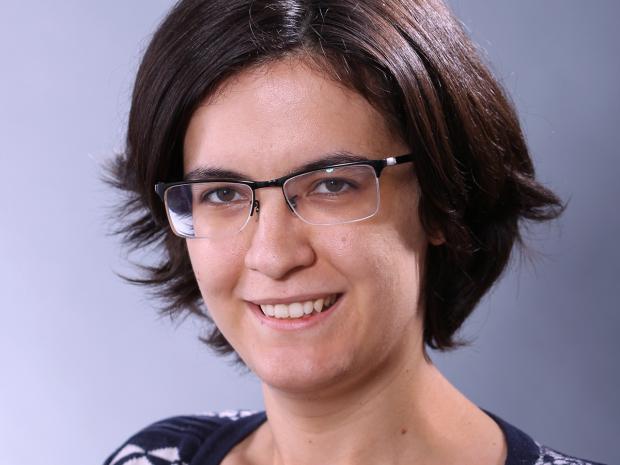Order, disorder, and asymmetry in biomolecular structure and assembly: a computational perspective

Speaker:
Gül H. Zerze
Princeton University
Abstract:
Biological function relies on a large, intricate set of molecular interactions, which are mainly consequences of biomolecular structures and assembly. Accordingly, a fundamental understanding of structural order in biomolecules is an important aspect in the development of therapeutics for the effective treatment of human disease, and in the fabrication of bio-nanodevices. Computer simulations with reliable models and state-of-the-art sampling techniques offer a powerful means for the kinetic and thermodynamic characterization of structural order, and the transition between order and disorder in biomolecular structures. In this talk, I will discuss the quantification and characterization of structural order and disorder in biomolecules, using advanced-sampling simulations. Three cases will be considered, in all systems with atomic-level resolution: i) protein folding near surfaces, ii) intrinsically disordered proteins in bulk solution, iii) the relationship between chiral perturbations and folding. Environmental perturbations, such as the introduction of surfaces, can be used to control order-disorder transitions, while intrinsic perturbations, such as amino acid mutations and chiral inversions, are sensitive tuning parameters for structural order. I will also discuss the implications and some possible applications of these studies.
- 10:30 Refreshments
- 10:45–12:00 Talk

